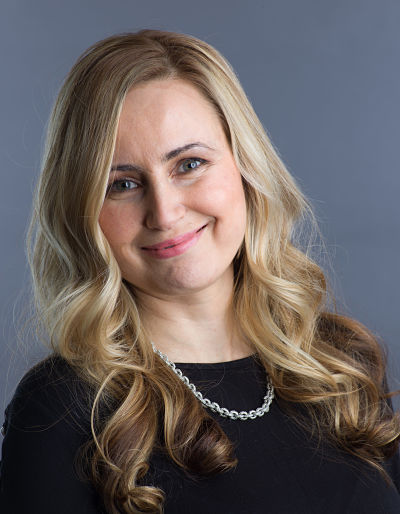In my counseling practice, I see people who are contemplating change, struggling with change or assessing if a different mindset or action plan will make a difference.
So, is it time for a change in your personal or professional life? Some people may be feeling stuck, frustrated, or uncertain about the next step. Most of us are resistant to change even though it is inevitable. Our bodies change; your perspectives, values and interests evolve over time. What was important in your 20’s, it does not apply in your 30’s. During times of change, your emotions might be fluctuating too. One moment you feel positive and excited, and the next – anxious and stressed.
Examine your fears or limiting beliefs
What are you afraid of? – Is it fear of failure, fear of success or losing a relationship. If this is a career change, it could be a loss of status, colleagues, and an environment you used to cherish. When I was finishing graduate school, I was happy about my accomplishment but sad about leaving the academic environment. School was a place to learn, share knowledge, get inspired and supported. It was a process of letting go, shedding a student identity, and re-creating a new professional self with new connections, and finding new sources for learning.
What story do you tell yourself?
May be you are afraid of giving up or losing some benefits that keep you comfortable? What story do you tell yourself? Is it an empowering one or one that makes you feel overwhelmed? Challenge those stories that limit your potential, and make you feel all or nothing. The comfortable and familiar may be the easiest way but you may need to make a different choice this time.
Use your emotions as a guiding compass.
What can you do to welcome change or make some shift in your life? That’s how comfort zones are expanded. That’s how growth happens. Acknowledge where you are at the moment and reset your compass. Step back and observe yourself, know what you feel and sense on the inside. Use your emotions as your guiding compass to find your inner voice, and discover what is most important.
Think of a shift instead of major change.
Instead of thinking a major change, consider what small shift you can do today? Team up with a coach, a counselor, or mentor to provide some guidance. Reach out for extra support, counseling and take some steps every day. Small, consistent action counts more on your journey of growth and finding happiness.






0 Comments